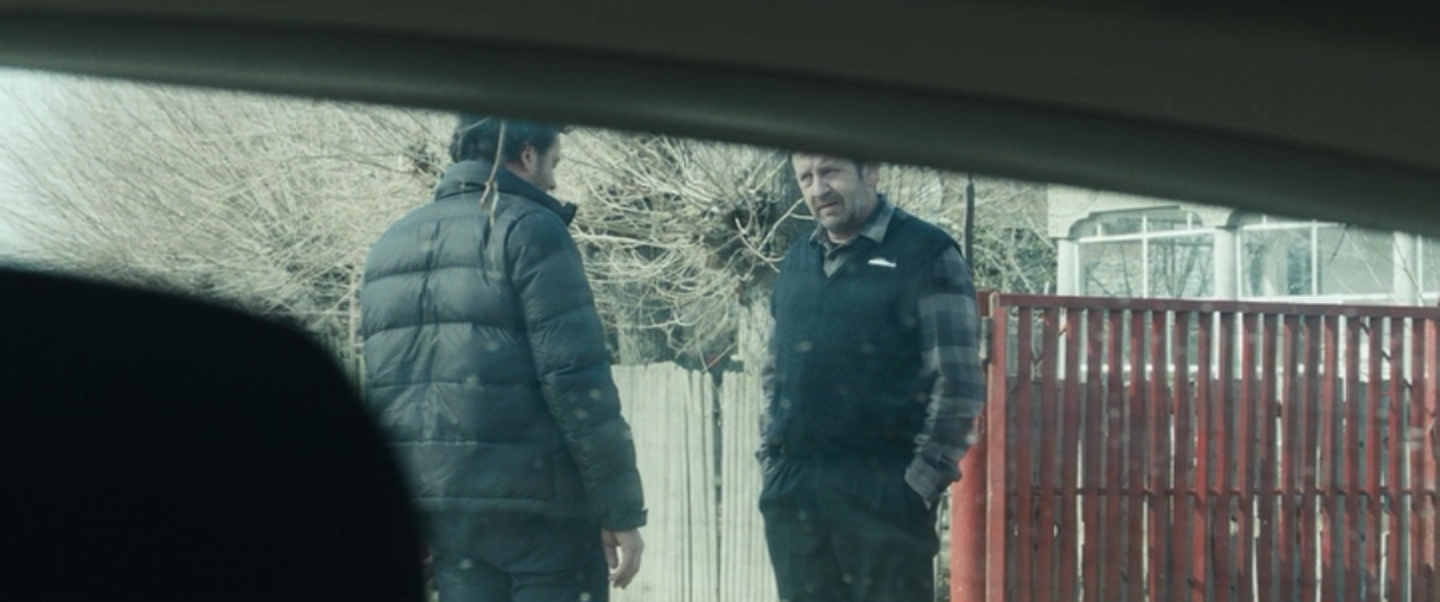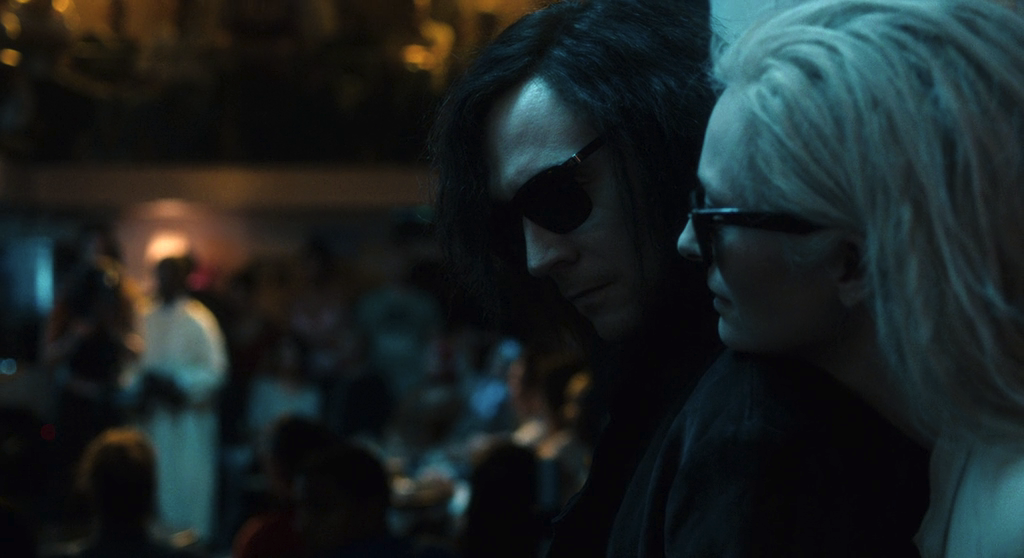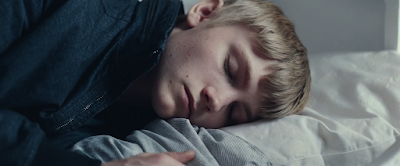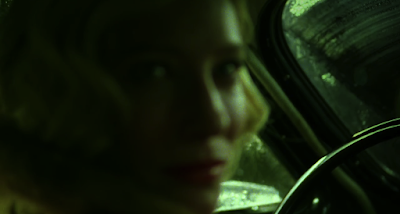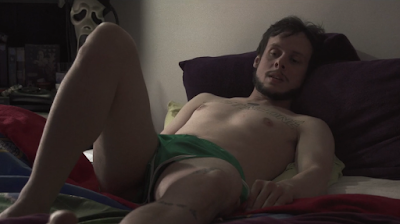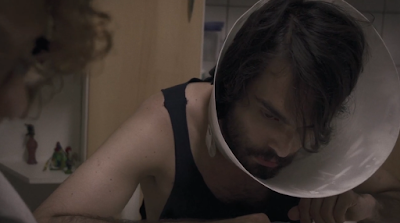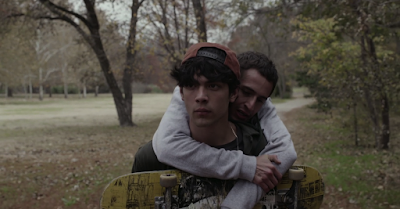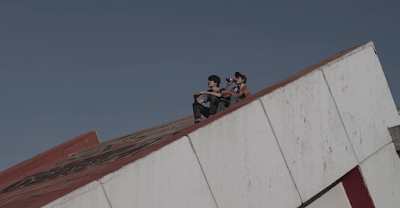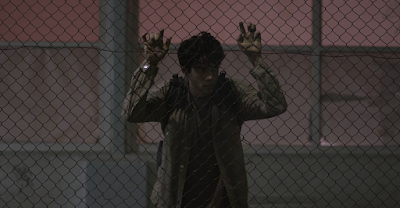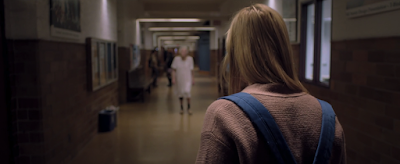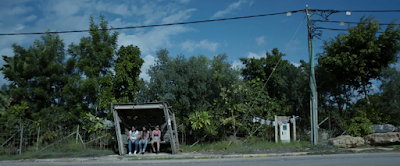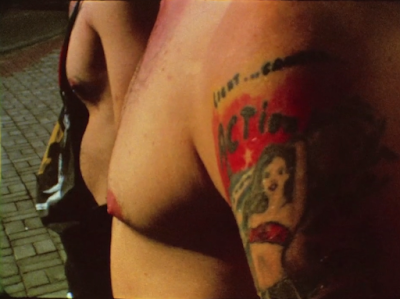For fun, I’ve also put together a list of 10 more films that wouldn’t exactly qualify as numbers 11 through 20 of my favorite films of the past year as much as simple honorable mentions for leaving some impact on me (not always positive). Here they are alphabetically:
Amy. Asif Kapadia. UK/USA.
Effectively made, linear biographical doc about the tragic late singer Amy Winehouse that avoids the use of talking heads and bland cultural theorists. It seems slightly ahead of its time, in that docs of this manner will probably be the standard for young stars whose lives were cut short in the limelight with the immensely increased use of video in nearly all of our personal lives. It’s rather surprising that director Asif Kapadia (
Senna) was able to obtain so much valuable footage of the singer in her early days, when video wasn’t exactly the norm.
Amy has been released on video and on demand in the U.S. through
A24 Films, in the U.K. through
Altitude Film Distribution, and in France through
Mars Distribution.
Barash. Michal Vinik. Israel.
An excellent coming-of-age tale of a rebellious Israeli teen girl whose affair with a new female classmate is given a back seat to a more fascinating story about the girl’s older sister who has gone AWOL from the military and has disrupted the entire family unit. Unfortunately, I don’t have any distribution information regarding
Barash. Keep an eye out in festivals this year.
Big Father, Small Father and Other Stories. Phan Dang Di. Vietnam/France/Germany/Netherlands.
Cryptic and gorgeous film about a trio of youth at the dawn of the new millennium in Saigon that concludes with a truly memorable and lengthy tussle through the dark, muddy forests that surround the city, from the director of
Bi, Don’t Be Afraid!Big Father, Small Father and Other Stories will be released in France as
Pères, fils et autres histoires by
Memento Films later this year. No word on U.S. or U.K. distribution.
Going Clear: Scientology and the Prison of Belief. Alex Gibney. USA.
As compelling and shocking as it should be, despite omitting some key elements from the book.
Going Clear: Scientology and the Prison of Belief can be viewed through
HBO’s On Demand sites in the U.S. I’m not sure about other parts of the world.
It Follows. David Robert Mitchell. USA.
An inspired horror film with a fantastic John Carpenter-esque score. I had trouble deciphering how exactly the film treated sexuality (the menace is transmitted through sexual intercourse). But despite a rather disappointing finale,
It Follows was easily the best offering of the genre this past year.
It Follows is currently on video and on demand in the U.S. through
Radius, in the U.K. through
Icon, and in France through
Métropolitan Filmexport.
Jason and Shirley. Stephen Winter. USA.
A fascinating fictional retelling of the making of Shirley Clarke’s landmark documentary
Portrait of Jason. I wrote more about
Jason and Shirley for
Frameline earlier this year. I don’t have any distribution information on the film.
Nasty Baby. Sebastián Silva. USA/Chile.
Nasty Baby is the kind of film that truly pisses people off, and as I discussed in my piece on Full Contact, I kind of admire that spirit. I have friends who reside on both sides of the fence with this one, but I probably fall with arms and legs dangling on both ends. I resent and appreciate its manipulation, but in all honesty, I was pretty taken with it before it took its devious turn, which I’m not convinced actually worked. The supporting cast, which includes the always wonderful Kristen Wiig, Mark Margolis, and Alia Shawkat, is great nonetheless.
Nasty Baby is available on video and on demand in the U.S. from
The Orchard, and will be released by Network Releasing in the U.K. in April. No word on a French release.
A Pigeon Sat on a Branch Reflecting on Existence (
En duva satt på en gren och funderade på tillvaron). Roy Andersson. Sweden/Germany/Norway/France/Denmark.
Not nearly as brilliant as its predecessors, 2000’s
Songs from the Second Floor and 2007’s
You, the Living, Roy Andersson’s conclusion to his unnamed trilogy about human beings is still rightfully amusing and visually potent.
A Pigeon Sat on a Branch Reflecting on Existence is available on demand and streaming on Netflix from
Magnolia Pictures in the U.S., as well as in the U.K. through
Curzon Artificial Eye, and through
Les Films du Losange in France as
Un pigeon perché sur une branche philosophait sur l’existence.
Seashore (
Beira-Mar). Filipe Matzembacher, Marcio Reolon. Brazil.
A quiet, moody tale of unexpected young gay love in Brazil, a country which made a pretty strong showing on my end of the year lists. It’s stunning to look at and one of the stronger films I saw circulating the gay film festival circuit last year.
Seashore is available on video and on demand (and on Netflix currently) in the U.S. from
Wolfe Releasing. It will be released theatrically in France by
Epicentre Films under the title
Beira-Mar; ou l’âge des premières fois in February. I didn’t find any U.K. info.
Welcome to New York. Abel Ferrara. France/USA.
A real fucking hot potato of a movie loosely based on the exploits of defamed French politician Dominique Strauss-Kahn, Abel Ferrara’s
Welcome to New York is at once a hypnotic bit of high art/high sleaze erotica, adorned with dazzling, lengthy sequences of gluttony and perversion, all heightened by the lead performance by Gérard Depardieu at his most repellant. The film loses something once it turns into a courtroom drama, with some sketchy, very Abel Ferrara moments between Depardieu and Jacqueline Bissett as his wife, but like several other of Ferrara’s works (notably
The Blackout or
New Rose Hotel),
Welcome to New York is a fascinating failure that is best appreciated by those versed in the underrated American filmmaker’s oeuvre. There’s plenty of drama involving the release of
Welcome to New York in the U.S. from IFC Films, who apparently edited the film for an R-rating, much to the dismay of Ferrara. I believe the European releases of the film were the director’s cut.

